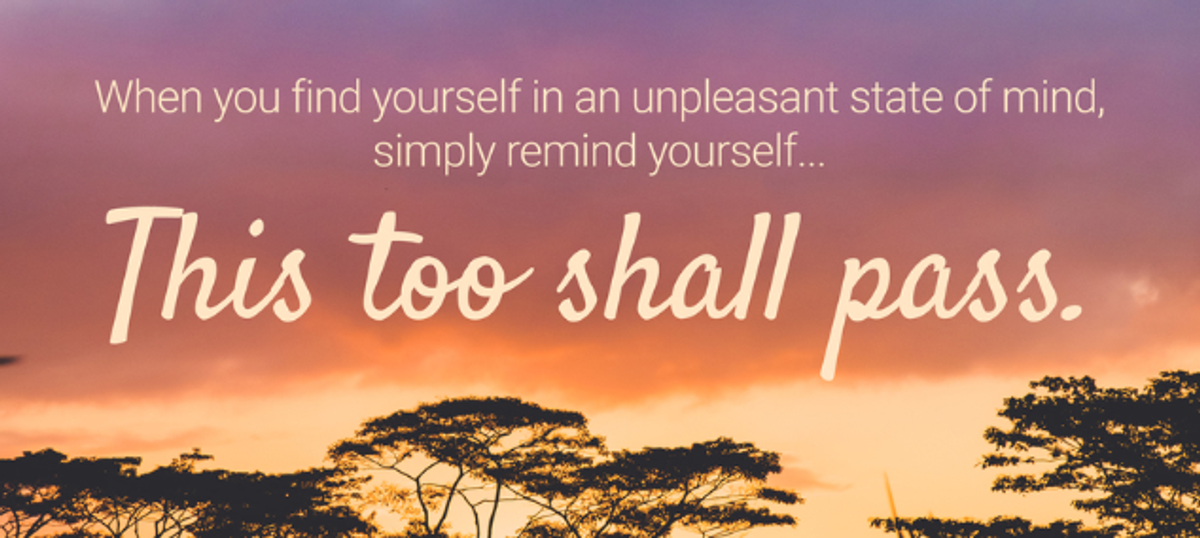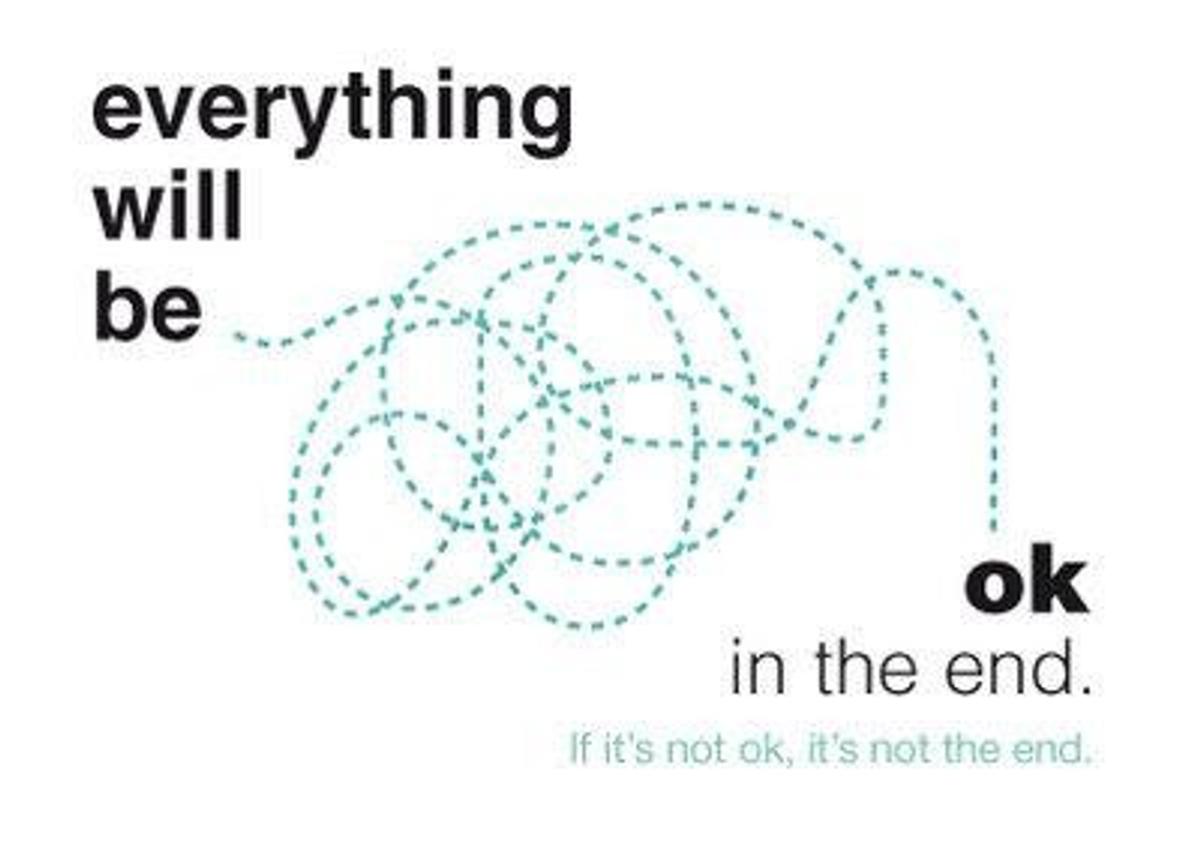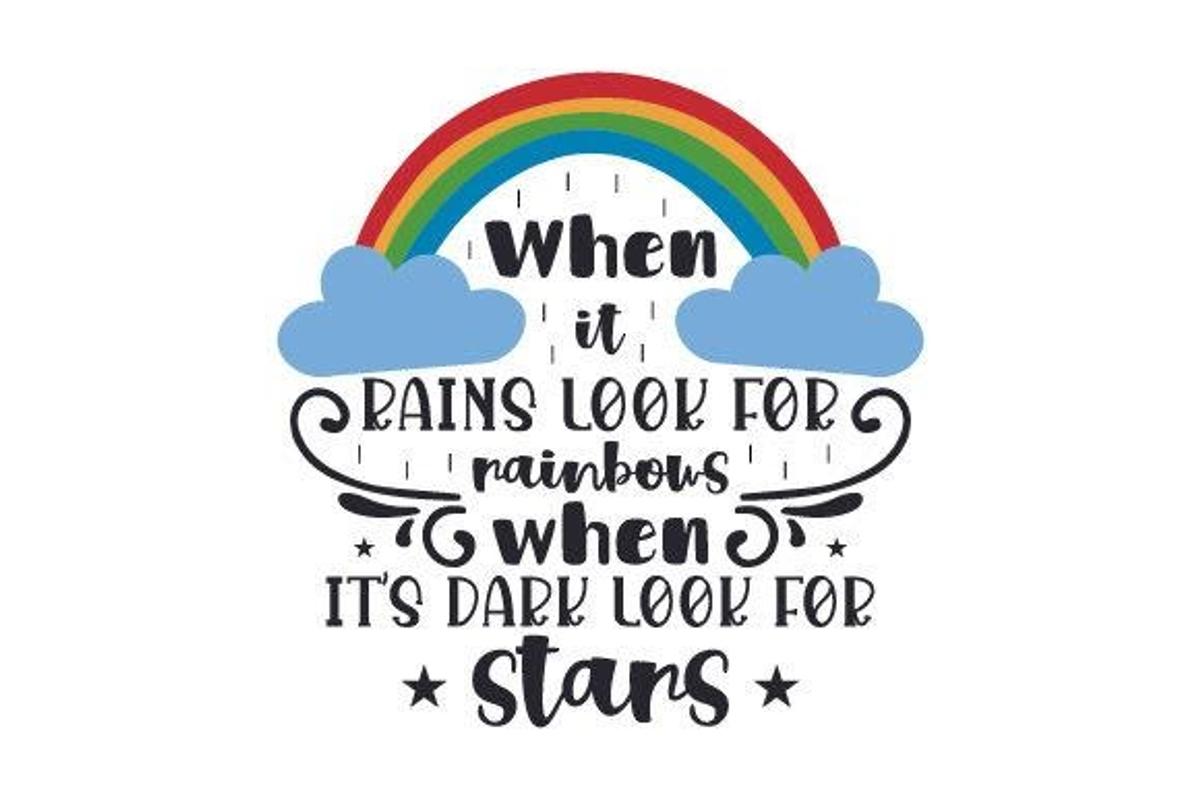Counsellor/Wellbeing News

Henry Wadsworth Longfellow wrote in his poem, The Rainy Days, “in each life some rain must fall, Some days must be dark and dreary” The rain, of course represents the challenging times that we face. Recently it seems we have been faced with quite a lot of difficult, emotional and challenging times. Whether it be the big adjustments and changes to our usual way of life and routines due to Covid-19 restrictions, loss of friends and loved ones, loss of employment, financial troubles, ill health/injury, or many other challenges we face as we are navigating our way through life.
These feelings of anger, depression, anxiety, guilt or sadness during tough times are very normal, and we should never try to ignore those feelings. But, problems arise when we become stuck in those emotions. It is important to remember we have a choice in how we respond to difficult times. We can shut down emotionally and become hardened by it or we can grow from the experience. Though it may not seem like it at the time something positive can come from these difficult experiences. There is actually a term for the process - post-traumatic growth. It refers to the benefit and personal growth that comes from experiencing a crisis. Research has found that up to 70% of people experience positive psychological growth from difficult times, such as a deeper sense of self and purpose, a greater appreciation for life and loved ones, and an increased capacity for altruism, empathy and desire to act for the greater good.
Create Meaning
As we grow, we develop a set of beliefs about the world around us – it’s the foundation we build our lives upon. When we experience difficult times, it’s like an earthquake – unexpected – and it can break up that foundation and leave us feeling unsure of ourselves.
Sometimes difficult times like a relationship break up, illness, or the loss of a family member can draw our attention to the ways in which we take some aspects of our lives for granted. It challenges our very identity and beliefs and leaves us to ask questions.
When we are willing to ask and explore those questions – who am I, what really matters to me, what do I want my life to be about – we can begin to rebuild and construct a new foundation that is more authentic and based on who we really are and what’s important to us. During this time of transformation, it is by letting go of the beliefs, roles, and aspects of identity that no longer serve us and having the willingness to grow into a new way of being that feels more authentic and true. We can explore and discover our values and redefine ourselves.
Process Feelings
Learning and growing from an experience doesn’t mean denying our feelings. Some people try to avoid negative emotions, and that can be a problem. Often when we try to bury our feelings or thoughts, it can actually make them stronger and prevent us from moving out of that distressing emotion.
Feeling leads to healing (trite but true). When we push away, suppress, or criticize ourselves for having emotions, it comes with a very high cost: our health. Deciding to bury your feelings, ignore them, internalize them, pretend they didn't happen, or convince yourself that there is no need to deal with them can literally make you sick from the stress.
Instead talk about your feelings to a friend, a family member or a professional. Give yourself time and space to feel what you are feeling. Allow the feelings to come - cry, grieve, then it becomes possible to work through them.
Develop a Healthy Coping Strategy
One strategy for processing emotions is expressive writing or journaling. This technique has been shown to reliably improve both psychological and physical health by reducing stress and enabling us to reframe the events we’re experiencing. When writing, we place ourselves in the role of the hero or heroine, not the victim, and as a result it allows us to shift our perspective and find new meaning in our experiences.
Writing about what we’ve been through and the meaning we’re making from the experience, allows us to make sense of our experience and often find the silver lining in the situation.
Consider asking yourself:
- What do I want to be about in the face of this difficulty?
- What would the person I want to be do right now?
- What is the gift from this experience?
Another strategy to help as we’re in the midst of the experience is affirmations – short phrases we can repeat to ourselves to give us hope like:
Think about a time when you were worried or struggled and ultimately, it went better than you expected, all those challenges you’ve overcome, all the difficulties you’ve navigated and reflect on that part of you that has gotten you through. We can all call on those moments at a later date to remind us that we are stronger than we think.
It’s especially helpful when our thinking turns negative and there is a lot of self-doubt, fear or overwhelm. Connecting back with and remembering those past successes with our inner strength is stronger than any doubts or negative thoughts we might be having about our current difficulty.
Prioritise Self-Care
When we do something that makes us feel good in a healthy and constructive way, it can improve our mindset. And there is the additional benefit that often in times of crisis we feel powerless because there may not be anything we can do. Taking care of ourselves is one thing we have control over and we can feel confident we’re doing our best to take care of our self. Really simple things like sleep, diet and exercise is a great place to start. Work towards new goals and dreams. Small daily action steps can give you that sense of purpose and progress and structure that you need.
Remember to reach out for extra support during this difficult time, there are people who will be there for you and there are those who have been through something similar who can share their perspective and encouragement. And if you find yourself stuck and struggling, don’t hesitate to reach out to a professional.
There are many supports available including:
headspace 1800 650 890 or local headspace Centre 6962 3277
Kids Helpline 1800 55 1800 Lifeline 13 11 14
Parent Line 13001300 52 Mental Health Access Line 1800 011 511
School TV can also offer information on a range of topics from many leading specialists and organisations including Grief and Loss.
Throughout many difficult times recently I feel so fortunate to have observed so much strength, resilience, beauty and warmth. Staff supporting one another, students coming together and communicating their feelings openly and honestly, families and community members and organisations offering their support.
Just remember while it may not seem it at first, sometimes something positive can come from the experience.
We can’t control how much it rains, but we can make a decision - let ourselves get wet or break out the umbrella. And remember to look for the rainbows.
Karen Surian
College Counsellor/Social Worker





